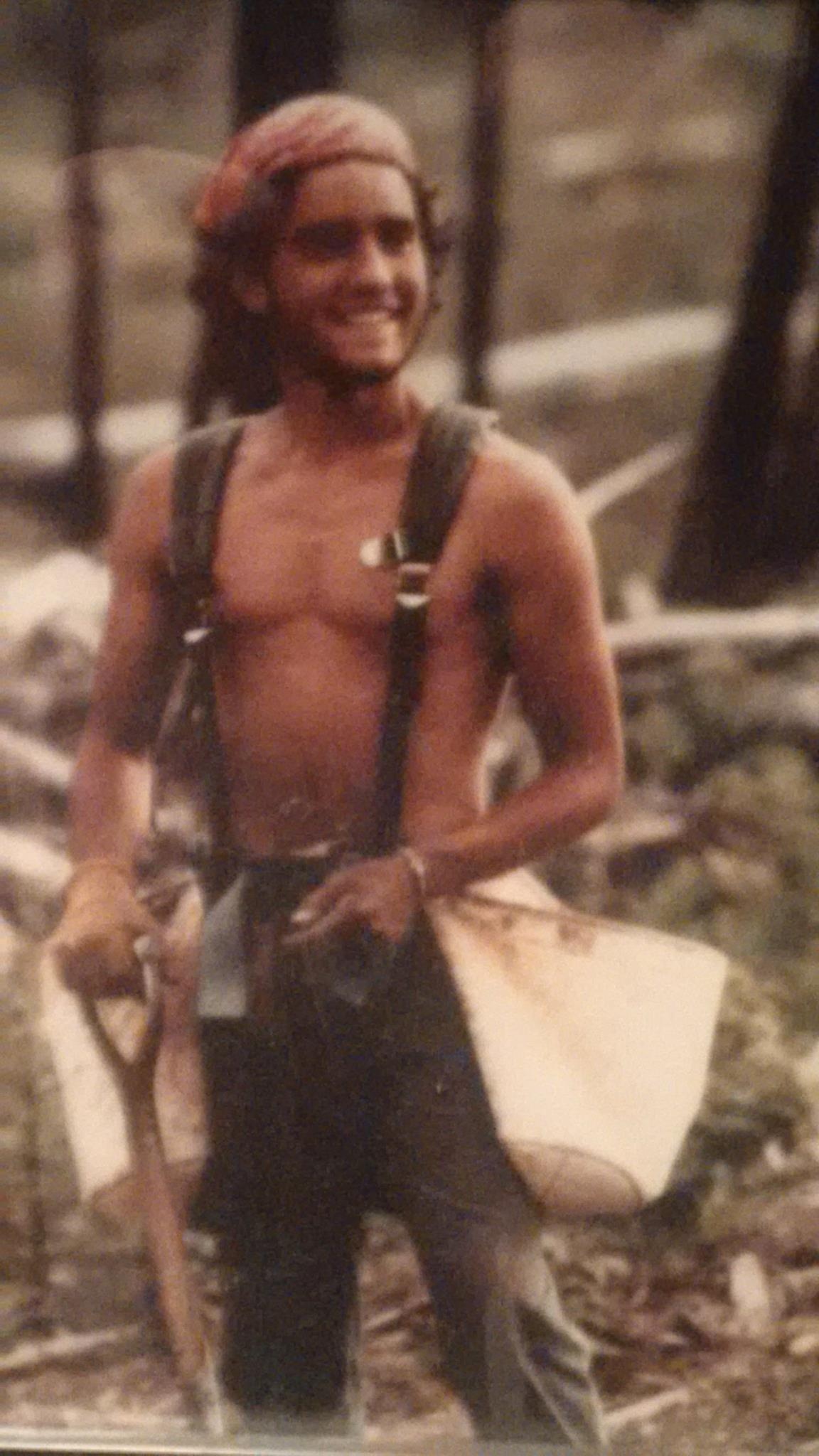Jul 12, 2019
Seeds to startups: How summer tree planting helped Bruce Croxon blaze a trail in tech
, BNN Bloomberg
Croxon: Tree-planting taught me 'you get out what you put in'
This is part of BNN Bloomberg’s series on the formative summer jobs that helped shape the careers of Canadian business leaders.
Before he found entrepreneurial success as the co-founder of online dating platform Lavalife, former Dragon’s Den investor Bruce Croxon worked some physically gruelling jobs.
He landed his very first summer gig as a golf caddy in his native Scarborough, Ont. at age 12. He worked one round a day — two if he was lucky — at $8 to $10 per round, plus tips and complimentary lunch.
But Croxon, now co-founder of venture capital firm Round13 Capital, said the most impactful summer jobs he worked came after his high school graduation. When he was 18, he became a “roughneck” on oil rigs in Swan Hills, Alta. After that, he planted trees in northern British Columbia for three summers, which took him to the end of university.
Below, Croxon explains how he went from working in Canada's traditional commodities sector to becoming a cutting-edge tech leader, and offers advice on how young people can create their own opportunities.
Q: What was it like working as a roughneck?
A: The job was to run thousands of feet of oil pipes out of the ground, clean the hole and run the oil pipes back into the ground. We worked three weeks on, three days off.
Those were the biggest cheques I’d seen to date. They were in the thousands, at $20 to $25 an hour, plus time-and-a-half for overtime.
But that job really convinced me that I wanted to use my head to make a living, not my body, because that was a hard one. I still have scars from the oil contamination on my leg. It seeped through my coveralls. It gets into your pores and then it becomes a part of you.
Q: What about the tree planting?
A: We worked 14-hour days, three weeks on and then a day off to get supplies and then go back into the bush. But we got paid by how many trees you could put in the ground. So we’d plant upwards of 3,000 trees a day at say 10, 12 cents a tree on average. So you could make $300 to $400 a day. It was a very physically-demanding job, but it was extremely lucrative.
I genuinely did enjoy that work. You’re out in beautiful nature. It was very, very hard but it was instantly rewarding and you could control your own destiny. In my career, I’ve been drawn most to occupations where you can control your own destiny, and I think that that’s a big part of being an entrepreneur.

Q: How did these jobs inform what came next for you?
The good thing about tree planting was that you could make enough in one summer to basically do whatever you wanted the rest of the year. So I ended up spending a year-and-a-half on the road just exploring the world, which opened my eyes to how different people did things and lived their lives. It was very formative in terms of my character.
Then I came back and started different startups, just trying to take different runs at starting businesses, and they were all hard. I needed to remember how hard it was to put in 3,000 trees in a day and just get up and do it again the next morning.
Q: What was your first entrepreneurial success?
A: The first one that I had a chance to really scale turned out to be Lavalife, which we built over 15 years — 600 people employed, $100-million-plus in revenue — that we were able to exit in 2004.
Q: What’s your advice for young people who want to start something of their own?
A: Pick what you love because you’re going to have to work even harder. Unlike when I started, the technology doesn’t keep other people out of the business. The cost has come out of it — there are no secrets, and that means you have to move quickly and work hard. And it’s a lot easier to be putting in time on your business on a Sunday if you are genuinely interested in the subject matter you’re working on.
Q: Is it necessary to work around the clock?
A: There’s a whole lot of conversation about mental health in the tech space these days, I’m cognizant of that. I’m not advocating driving yourself into the ground. But to think you’re going to get away with not putting your heart and soul into something, you’re fooling yourself.
This interview has been condensed and edited for clarity.








